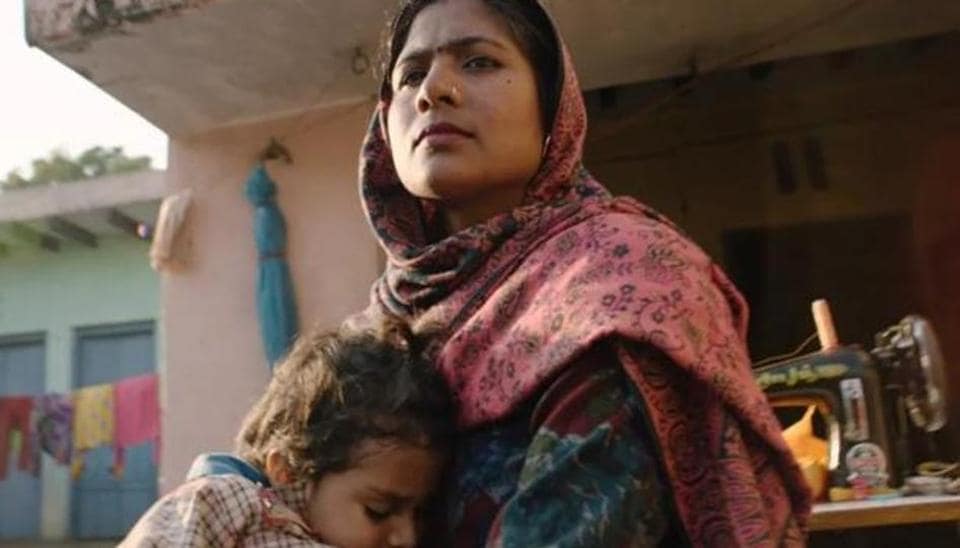prasad1
Active member
Period. End of Sentence., a documentary that tackles the stigma around menstruation in rural India, has won the Best Documentary Short Subject at the 91st Academy Awards. The film has been co-produced by Guneet Monga and directed by 25-year-old Rayka Zehtabchi.
Monga wrote after the Oscar winner on Twitter, “WE WON!!! To every girl on this earth... know that you are a goddess... if heavens are listening... look MA we put @sikhya on the map.”
"I'm not crying because I'm on my period or anything. I can't believe a film on menstruation won an Oscar," Zehtabchi said in her acceptance speech. She also gave a nod to Monga.
"Guneet Monga - know that you have been empowering women all over the world fight for menstrual equality," she added. Dedicating the award to her school, Berton said the project was born because her students in LA and people in India wanted to make a "human rights difference". "I share this award with the Feminist Majority Foundation, the entire team and cast. I share this with the teachers and students around the worlds - a period should end a sentence, not a girl's education," she said.
The film is about women in India fighting against the deeply rooted stigma of menstruation and delving upon the work of real life ‘Pad Man’ Arunachalam Muruganathan. It is executive produced by Monga and is co-produced by Monga’s Sikhya Entertainment, which has backed films like The Lunchbox and Masaan.
Directed by award-winning Iranian-American filmmaker Rayka Zehtabchi, the film is created by The Pad Project, an organisation established by an inspired group of students at the Oakwood School in Los Angeles and their teacher, Melissa Berton.
The 26-minute film follows girls and women in Hapur in northern India and their experience with the installation of a pad machine in their village.

 www.hindustantimes.com
www.hindustantimes.com
Monga wrote after the Oscar winner on Twitter, “WE WON!!! To every girl on this earth... know that you are a goddess... if heavens are listening... look MA we put @sikhya on the map.”
"I'm not crying because I'm on my period or anything. I can't believe a film on menstruation won an Oscar," Zehtabchi said in her acceptance speech. She also gave a nod to Monga.
"Guneet Monga - know that you have been empowering women all over the world fight for menstrual equality," she added. Dedicating the award to her school, Berton said the project was born because her students in LA and people in India wanted to make a "human rights difference". "I share this award with the Feminist Majority Foundation, the entire team and cast. I share this with the teachers and students around the worlds - a period should end a sentence, not a girl's education," she said.
The film is about women in India fighting against the deeply rooted stigma of menstruation and delving upon the work of real life ‘Pad Man’ Arunachalam Muruganathan. It is executive produced by Monga and is co-produced by Monga’s Sikhya Entertainment, which has backed films like The Lunchbox and Masaan.
Directed by award-winning Iranian-American filmmaker Rayka Zehtabchi, the film is created by The Pad Project, an organisation established by an inspired group of students at the Oakwood School in Los Angeles and their teacher, Melissa Berton.
The 26-minute film follows girls and women in Hapur in northern India and their experience with the installation of a pad machine in their village.

‘We won’: Indian producer Guneet Monga after Oscar for India-set Period
Produced by Guneet Monga and set in India, Period. End of Sentence has won the Best Documentary Short Subject at the 91st Academy Awards.

